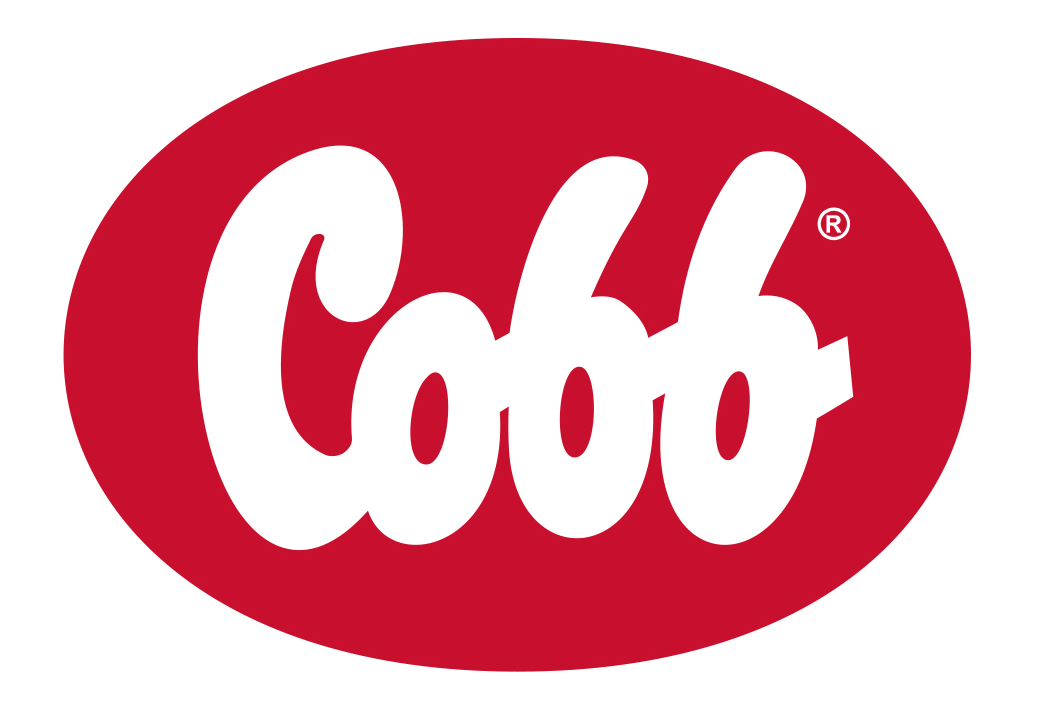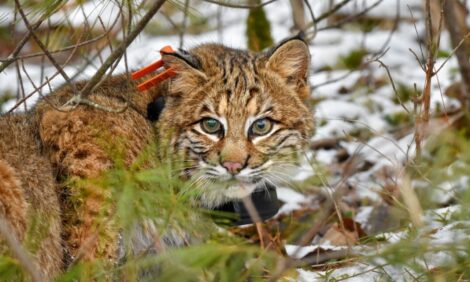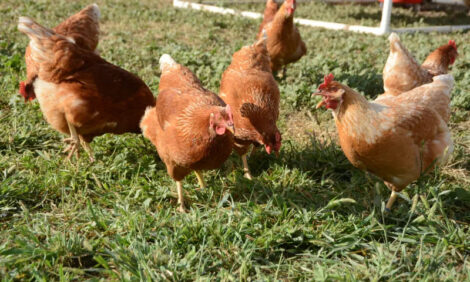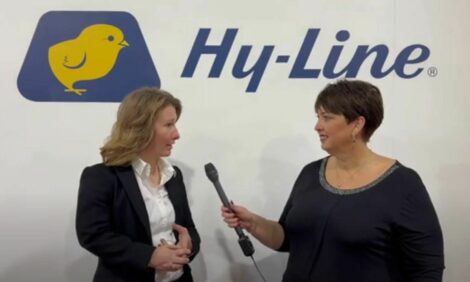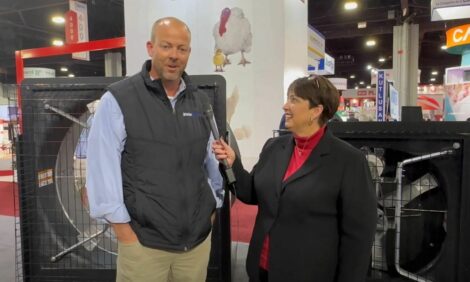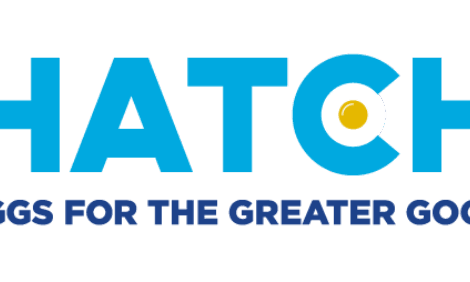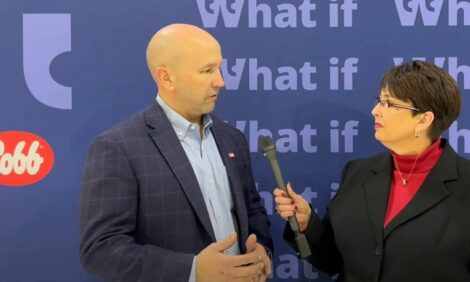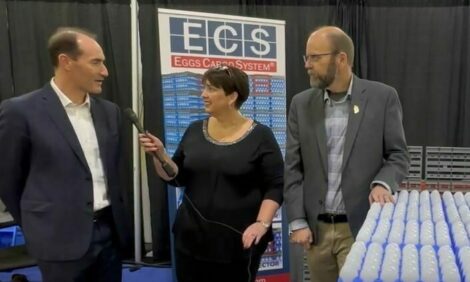



2023 IPPE: Cobb’s processing plant specialist David Beavers explains his unique role
Processing expert David Beavers shares how his role at Cobb helps poultry producers and integrators to reach their yield potentialPart of Series:
< Previous Article in Series Next Article in Series >
David Beavers, World Technical Support Processing Plant Specialist with Cobb, spoke to The Poultry Site’s Sarah Mikesell in Atlanta, Georgia, USA at the 2023 IPPE.
Why does Cobb have a processing specialist?
Cobb’s product is centered around genetics. When people think of Cobb, they usually think of things like the pharma attributes of feed conversion, average daily gain, livability and the sustainability of our bird. However, another important part is to take all these good qualities and get them into the processing plant and maximize the return that our customers receive from the genetics we provide. I help them try to find a way with their equipment in their environment for customers to maximize every point of profit in their plant.
What do you do when you visit a processing plant?
As the processing specialist at Cobb, evaluating the harvesting process is my responsibility. When visiting a processing plant, we always want to start from the dirty side then go to the market side then to the client side. If we're going to the catching pens, we'll start on the farm, then we'll go to the plant and try to follow the birds through every stage of the operation - from receiving to slaughter, through the cleaning process, cooking process, and into the final package. We try to make sure that during each step, we are maximizing the product’s yield. This will allow our customers to see the value and will get more money for their product. Processing starts at the logistics for catching, the feed withdrawal, through the catching process, the harvesting and farm transport. We consider all of this part of the harvesting process.
What kind of data do you analyze for customers?
When we look at customers and their data, it is a very individualized process for us. Everybody's plant, while the equipment may be similar, their product mix and their customer demands may be different, depending on what part of the world they're in or who their customer base is.
We look at what they're trying to achieve and what product they want to produce. Then we try to customize their processing for the following: scalding temperatures, stunning parameters, what they are doing in EBS, chilling, and especially their further processing, as far as the cuts, yields, and portioning. Every step of the way, we collect the data, turn it into usable information and try to give them a tool that they can use to maximize their profit.
At the end of the day, our customers spend a lot of money for our genetics. We realize that not only are we going to provide them a good genetic product, but we're going to try to ensure they make as much money out of our product as possible.
How does all the data that Cobb analyzes from processing help your customers?
Data is the one true science. The numbers never lie. We can all have an opinion, but numbers are based the facts. It's all about the data. This is what your numbers might be showing but let me show you what the potential is with the Cobb bird. We look at the data that we've collected not only in our trials, but also trials in industry.
We can show them where they are compared to industry averages. There is always room for improvement and profit opportunity.
The data allows the producers to evaluate their processes and see the opportunities where they can do better. Nothing ever stays the same - either you get better or you get worse, because your competition will get better.
Cobb wants to give customers the opportunity by setting the mark as high as possible by providing information. We give them the technological know-how to reach that high bar. Benchmarking is the first step in getting to that high level.
What are the main challenges that you face in your role?
Any challenges that are encountered in my role as a processing specialist are looked at as opportunities and are dealt with directly.
What one challenge facing the poultry industry would you most like to solve?
We, at Cobb, would like to be in a world where meat quality issues do not exist - where we have uniform products that will perform at a high level of yield and yield value while at the same time, provide a good carbon footprint on the farm and be a value for the customers in the end.
That's where we, as an industry, need to head. There is no turning back; we need to move forward. The goal at Cobb and within our industry is to find a good balance and keep moving forward.







